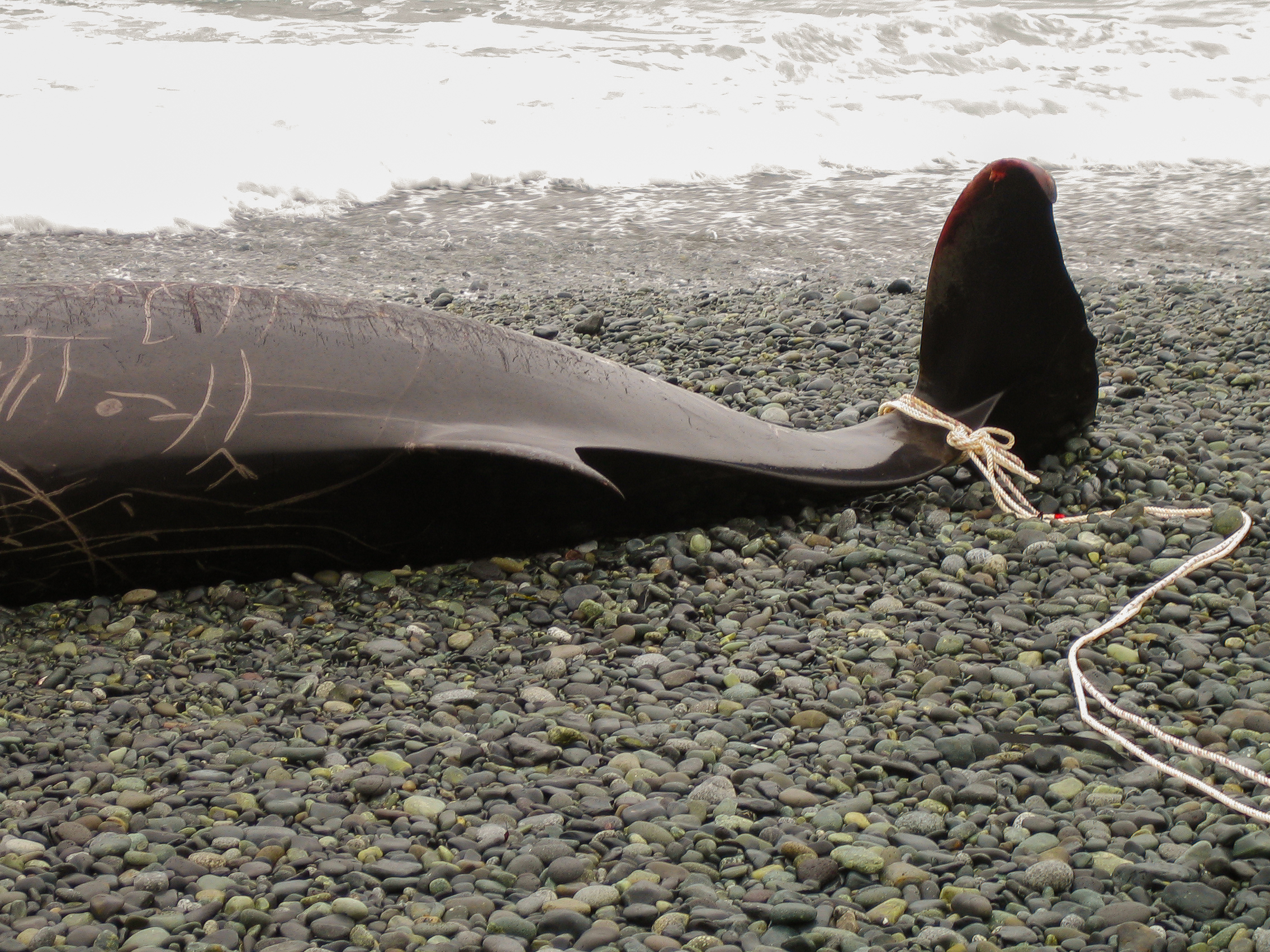SARS a concern, but no need to panic
Severe Acute Respiratory Syndrome (SARS), which has killed more than 350 people worldwide and forced Beijing, China, to quarantine over 11,000 residents, is little cause for alarm in Portland and at PSU, according to university officials.
According to the Centers for Disease Control and Prevention (CDC), SARS symptoms resemble a general influenza Type A infection and may begin with a fever of 100.4 degrees Fahrenheit or greater. Headaches, discomfort and body aches are typical, as are mild respiratory symptoms, such as a dry cough and breathing problems two to seven days after the first indication.
“If you have symptoms of influenza and you have not traveled to countries of concern or have not been in close contact with somebody ill from those countries, then you can pretty much bet that you have (standard) influenza,” said Julianne Ballard, registered nurse at Student Health Services.
She said awareness is the most important component in preventing the disease. Since the disease is spread by close contact with someone whom is already infected, diligent hand washing and as little exposure to others in crowded areas is key.
With a sizable international population at PSU, around 10 percent last fall, students, staff and faculty alike have raised concern about SARS infection. As of yet, there have not been any university policy or procedure changes, but a meeting among university organizations is in the works.
“We will get together to talk about how real the threat is,” said Christina Luther, assistant director for International Education Services. “I wouldn’t say that there is a heightened state of alarm or concern, but we are aware of it.”
The awareness is certainly growing in the Northwest as an Oregon University System (OUS) Chinese intensive language program in Beijing, China, was recently suspended mid-term. According to an OUS press release, OUS Chancellor Richard Jarvis and Oregon campus representatives from International Educational Services in consultation with medical experts noted that the students’ welfare was being compromised.
With the number of SARS cases increasing in China, particularly in Beijing, OUS administrators told participants to return to the United States after midterms at the end of last week.
Health alert notices are being distributed to those arriving via airplane in the United States from China, Vietnam and Singapore.
The United States has recently implemented a procedure to deal with possible SARS patients who come into the country.
“The procedure is this: If a person seems to have the symptoms of SARS, they are given a mask and then the (United States) Public Health is contacted,” said Ed Sale, public information officer for Customs and Border Protection.
U.S. Public Health then decides what step to take next, which may include quarantine of the individual.
SARS was first noticed in the Guanzhang province of China about a month and a half ago. It is in China, Toronto, Canada and other southeastern Asian nations as well as the United States where individuals have been infected. No sign of the disease has been diagnosed in the Portland metropolitan area to date.
For more information on SARS, visit the CDC Web site at http://www.cdc.gov. Student Health Services can be reached for questions by e-mailing askshs@pdx.edu or by calling 503-725-3462.




